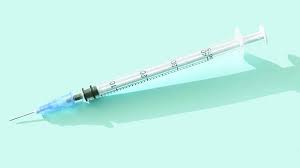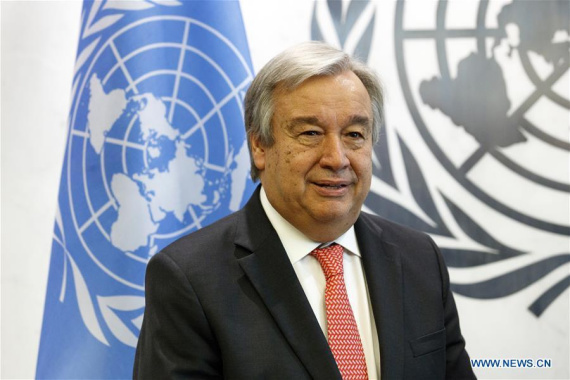A pilot project, allowing women to give themselves contraceptive injections, was successfully carried out in Morocco, announced on Thursday the World Health Organization.
The project seeks to expand contraceptive options available for women, reduce the risks associated with unintended pregnancies and encourage the use of self-care in reproductive health.
It was conducted during the COVID-19 pandemic in Rabat, Salé, Beni Mellal, Marrakesh and Meknes within the frame of a partnership between WHO; l’Organisation Panafricaine de lutte contre le sida (OPALS), the Ministry of Health and UNFPA.
“Within two months of the publication of the global guideline, Morocco had adapted and launched it, making it the first country in the world to do so”, said WHO, noting that self-care interventions have also been integrated into the national reproductive health strategy, “another first for Morocco with it being the first country in WHO’s Eastern Mediterranean Region to achieve this milestone”.
In Morocco, 71% of married women use some form of contraception and 61% use a modern method, typically the contraceptive pill. Although injectable contraception was already available in the country it had to be administered by a health worker in a health facility. The self-administered version, however, can easily and safely be administered by a client herself, either at home or in another non-health setting.
This self-contraceptive injection gives women greater autonomy, provides 12 weeks of contraceptive coverage and in line with Morocco’s national family planning strategy
Experiences from the pilot project were shared on World Contraception Day 2022 between representatives from the Ministry, OPALs, UNFPA, other partners.
Discussions are now taking place to see if self-administered injectable contraception could be introduced more widely in Morocco. One key issue is the high cost per dose of this contraceptive method, which is currently around $27 per unit.



